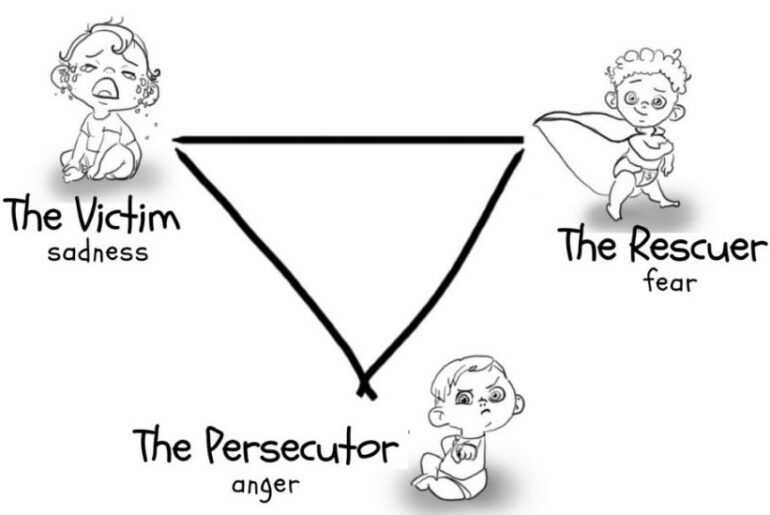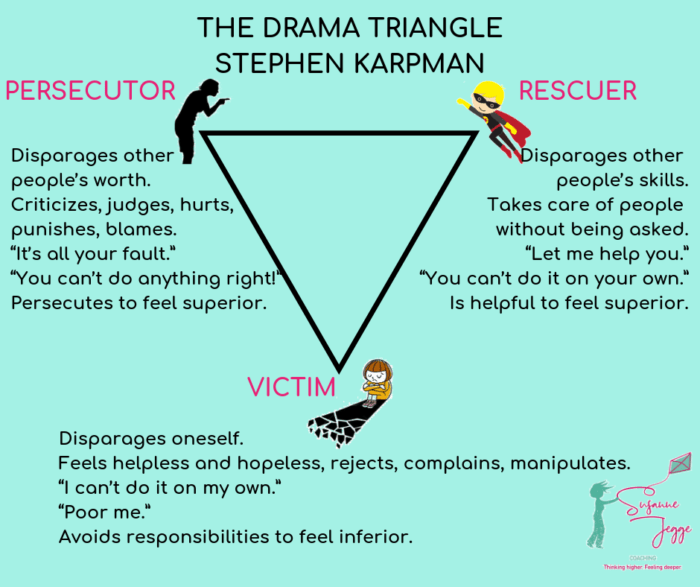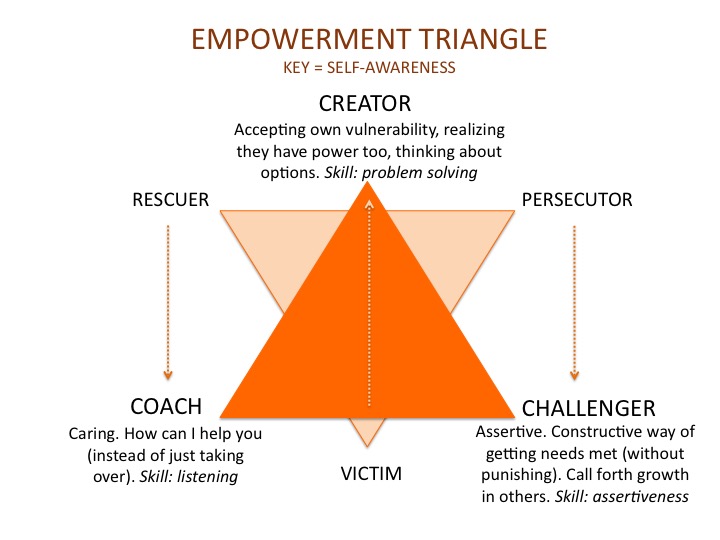*Generalized Anxiety Disorder: GAD is a long-term condition that causes you to feel anxious about a wide range of situations and issues, rather than 1 specific event. People with GAD feel anxious most days and often struggle to remember the last time they felt relaxed. As soon as 1 anxious thought is resolved, another may appear about a different issue.
*
Disclaimer: Despite having had severe anxiety since childhood, it is only now that I have decided to give a deeper and personal account of my experience. This isn’t to acquire any sympathy or pity for I believe Allah does not burden a soul beyond its capacity, but rather to use this platform to share more information on mental illnesses and hopefully make you, dear reader, be more enlightened about such matters, and to be more understanding, compassionate and empathetic towards people in your own circles that have similar challenges. And also give a chance for those with similar issues to know that they’re not alone and that they’re emotions are valid. Anyway, here goes nothing…
*
Living with generalized anxiety, especially since childhood, is an extreme sport. The mind is a wild, wild place; everything escalates from 0 to 100 every.single.time. Even when it shouldn’t be so. Even when you have deep faith in Allah. Even when it is something so small, it is silly to overthink like that. But we still do. There is a fellow who told me a couple of times after reading my blogs that my anxiety is just about my mindset and that I should JUST STOP overthinking and think more positively. Just stop then khalas, you’ll be good to go. And as much as having a positive mindset can reduce your anxiety, it is a bigger struggle than that. Ask anyone who’s ever been diagnosed by a psychiatrist or psychologist with any type of anxiety they’ll tell you that living with such disorders is jihadu-nnafs. Quite literally. It is a continuous battle with yourself and your brain.
Every thing, every encounter, every experience with anyone is catastrophized; always thinking of worst case scenario. Then there’s the excessive worry over the smallest of matters and big ones too. Then there’s the panic attacks that make you feel like you’re about to go crazy or lose it completely. There’s the crying spells which can come to you at any time, out of the blue, and the tears just keep coming and coming-uncontrollable! There’s the excessive fear which controls your life; it makes you always live on edge. Then there’s the obsessive and repetitive thoughts that often overwhelm the mind. There’s also the depression and physical illnesses that sometimes tag along with the anxiety…The list goes on and on…
When I am extremely happy, I keep thinking that something bad is going to follow shortly thereafter. Happiness makes me anxious too. And even when it is someone else who’s extremely happy, I get nervous for them, ‘What if they lose that? What if the happiness doesn’t last long?’ And I quickly make dua for them so that their joy lasts. Then there’s the over-analysis of situations which take you down a dark rabbit hole of overthinking. Every single conversation is scrutinized; ‘Did I say the right thing? Should I have said this instead? Are they mad at me? I felt their tone change, did I hurt them? Perhaps they still misunderstood me? Should I clarify further for the fourth time?’ Every single thing goes so far; blown out of proportion. Worries; worries every day, worries everywhere.
A simple trip to town could easily bring about death anxiety. I start imagining the car I am in getting into a very tragic accident. But it never ends there. I start imagining the details of the accident, the position they’ll find me in, when my family are informed, when I am declared dead, and when my loved ones start crying because of my departure. And this wild imagination is so real to me that it makes me tear up and I sometimes get a panic attack abruptly. I am grieving my death.
When I am using a water heater or a toaster, I imagine getting electrocuted. And when a huge lorry or oil tanker passes by close to me, I immediately think of the ‘Final destination’ movies and imagine the lorry falling over me and crashing my bones 😀 When a stranger approaches me on the road, my guard is immediately on because I am afraid I could be conned or kidnapped or worse than that. There’s so so much to anxiety than people ever understand. That I wish they understood.
It wasn’t helpful that I grew up hearing people say mental illness is because of weak imaan. It really made me question my level of faith. Yet to be very honest, anxiety is one of the most draining and exhausting things to experience. It is so hard to fully experience the small and even big joys of life.
In a crazy world like ours where there is too much information everywhere, it is even harder for people with anxiety. You scroll, a mother has stabbed her two year old and ate her internal organs. Scroll further, a pastor has brainwashed an entire village to starve to death so as to meet Jesus. Scroll further, a father has been raping his daughters for years after his wife passed away. Go to another app, Palestinians and Uyghurs are being tortured to death. A war in Sudan; so many people stranded. Something is going on here, something is going on there…it never ends, the world never pauses Subhanallah. The information overload overwhelms you and drains you deeply. It makes you sad and helpless and truly anxious. Even with the knowledge and trust in Allah, even with the understanding that Allah tests us so that we can return to Him, the anxiety is mostly there. Jihadu-nnafs.
Being an educator, a recently graduated psychologist and a spiritual (among other categories) blogger for about ten years, there’s a kind of pedestal that people put you on. You never asked for it but it is constantly being mentioned, ‘You’re my mentor,’ or ‘I look up to you’. They think you’ve made it in life even when the reality is very different. This deeply terrifies me. The imposter syndrome kicks in. ‘But why? I am not the right person to look up to. I have so many flaws. I am really struggling with surrendering 110% to Allah or trusting Allah about the unknown. I always try to control how things roll out in my life, and when they don’t happen my way, it takes me down a very dark hole of heartbreak and pain. I am definitely not the person to even consider as a role model.’ Even when I don’t say these words out loud, it always gets to me. What if someone is misguided through me? Or someone who looks up to me, follows my unsteady footsteps? How will I deal with that when I am standing in front of Allah and He asks me about it? I will never be ready for such questioning by Allah. So I divert the couple of people who look up to me, to instead, look up to the prophets peace be upon them and pious predecessors who died upon imaan and were promised Jannah. And of course, they are indeed the best examples for us to follow and look up to more than anyone else.
There is this hadith that always hits me. It was narrated that Abu Hurairah said:”The Messenger of Allah (ﷺ) said: ‘The strong believer is better and more beloved to Allah than the weak believer, although both are good. Strive for that which will benefit you, seek the help of Allah, and do not feel helpless. If anything befalls you, do not say, “if only I had done such and such” rather say “Qaddara Allahu wa ma sha’a fa’ala (Allah has decreed and whatever he wills, He does).” For (saying) ‘If’ opens (the door) to the deeds of Satan.'”
My older sister whom I look up to is always the kind of person to say ‘Qaddara Allahu wa ma sha’a fa’ala whenever something doesn’t go her way. Even if she goes on to grieve but she doesn’t allow it to overweigh her brain. She knows and truly believes that Allah knows best, may Allah bless her soul. And I adore that so much because I wish I was like that too. I wish my brain could stop overthinking. I wish my heart could fully accept the challenges of life. I wish I was able to immediately accept Allah’s qadar without throwing a tantrum or crying on and on about it such that it may lead to despair (May Allah protect us).
The hardest thing for me has been to be kind to myself. To realize and accept that this is my test from Allah, to accept the little good and benefit I bring to this world and people around me and to be more forgiving towards my mistakes in life. And while I have not overcome the anxiety, I am doing my best. I am taking medication, I am reading widely about it (in fact I took the Islamic Psychology degree at IOU because I wanted to understand whether I truly had weak imaan or what exactly was happening to me), I go for therapy, and I constantly pray to Allah to grant my soul peace and tranquility, alleviate my restlessness, overthinking and worries, and to make me among the Mutawakkilin (those who trust in Him) and the people of ‘Qaddara Allahu wa ma sha’a fa’ala’.
One of my biggest motivations is a hadith by the prophet peace be upon him. He said, “Allah the Almighty said: I am as My servant thinks I am. I am with him when he makes mention of Me. If he makes mention of Me to himself, I make mention of him to Myself; and if he makes mention of Me in an assembly, I make mention of him in an assembly better than it. And if he draws near to Me an arm’s length, I draw near to him a cubit, and if he draws near to Me a cubit, I draw near to him a fathom. And if he comes to Me walking, I go to him at speed.” (Hadith 15, 40 Hadith Qudsi). So I am doing my best to think better of Allah. To not allow my negative thoughts to divert me from Allah’s mightiness, wisdom and mercy. To never think that my plans are better than what Allah has chosen for me. That the tests from Allah are meant to make me get closer to Him rather than to punish me. And perhaps there’s a bigger benefit from this test, and that is, I get to talk more about such topics that are not openly talked about in our community.
Unfortunately, the fellow who used to tell me about changing my mindset developed anxiety during the early phases of Corona. He was unemployed at the time with no source of income. Having such abundant time on his hands while the world went into a panic, overthinking and anxiety of the corona virus kicked in him. He once called me to say that he now realizes it isn’t as simple as he initially thought. That it is much harder, and a huge struggle Subhanallah, and he asked for help on how to deal with it. Alhamdulilah his anxiety ended when things calmed down a bit around the world and after seeing a counsellor. The only reason I tell this story is for people to realize the same; it is not easy to have a mental disorder. Not at all. So please be patient, understanding and compassionate towards your loved ones and people around you, you just never know the huge mountains they carry. Educate yourself about these matters if you have to and offer help whenever you can. Be their support system and be there for them. Yet the best gift you can give them is making dua for their well-being and peace of mind.
We, as Muslims, believe that nothing is impossible to Allah Subhanahu Wataala. He can cure every single ailment and He can move mountains for us. However, we are also expected to do our due diligence by seeking treatment through talk therapy, medication and lifestyle changes. Most importantly is to get closer to Allah through the recitation of the Qur’an, making dhikr and always making dua to Allah to remove such conditions from us and to make us better believers.
Despite all the challenges and struggles of anxiety, it is not always doom and gloom. Anxiety makes people be highly empathetic, loving and compassionate. It makes you have high instincts which can benefit you in observing one’s surroundings, it keeps you motivated and can actually help in your performance nd make you have a great work ethic. It makes one highly aware of what could go wrong, and makes you think of all possibilities while dealing with a situation. This makes the anxious individual to be a careful decision maker and great problem solver among other benefits. Plus the anxiety memes are hilarious, that’s a bonus 😀
To end this piece, there’s a conversation I want to share that I once had with my father and brother while driving to another town. My father told us about an accident he witnessed many years back. An ice cream van was trying to overtake another car, but it lost control and hit a huge tree. When they went to check on the driver, they found the steering wheel had hit right into the driver’s seat. But the driver’s upper body was right above the steering wheel (on the roof of the car) and each of his legs was on either side of the wheel. Had the steering wheel hit him directly, he could have come out with major injuries probably, but Subhanallah, the man came out unscathed except for one small scratch on his arm.
I asked my dad, ‘Was the man Muslim? Perhaps he had made dhikr that morning and it protected him by Allah’s mercy…’ Before he could answer me, I said, ‘I once heard a sheikh ask something powerful; how can you go to the battlefield unarmed? How can you start your day without dhikr?’ My dad nodded then explained that the driver wasn’t Muslim but at the end of the day, if something isn’t meant to harm you, it won’t, and some people give a lot of charity and for that, Allah showers them with His mercy.
I was about to get to my destination so I couldn’t continue with the conversation. I said to my brother, ‘Please drop me on the other side of the road, I am afraid of crossing this busy road.’ He then laughed and said, ‘Aren’t you the one who’s just from telling us about going to the battlefield unarmed?’ I laughed too and said, ‘I did do my dhikr this morning though.’ Then he said, ‘Then what are you afraid of when you’ve already asked for Allah’s protection?’
I was speechless.
I went out of the car towards my destination while deeply pondering on his last words, SubhanAllah.
‘What are you afraid of when you’ve already asked for Allah’s protection?!’
“Say: “Nothing will befall us except what Allah has decreed for us; He is our Protector.” Let the believers, then, put all their trust in Allah.”
[Qur’an 9:51]
Thank you for reading this to the end. Please do make dua for me to acquire peace of mind and to go for umrah soon for I really yearn for the tranquility made available by Allah Subhanahu Wataala in the holy cities. And do pray for those with mental illnesses. May Allah grant us all ease, relief and comfort, ameen. Shukran 🙂
P.S: If you have anxiety, always remember this: ‘YOUR ANXIETY IS A LIAR!’
REFERENCES:
https://sunnah.com/ibnmajah:79
https://www.nhs.uk/mental-health/conditions/generalised-anxiety-disorder/overview/
*


















